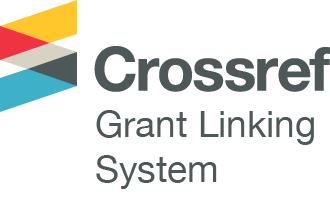We’re happy to note that this month, we are marking five years since Crossref launched its Grant Linking System. The Grant Linking System (GLS) started life as a joint community effort to create ‘grant identifiers’ and support the needs of funders in the scholarly communications infrastructure.
The system includes a funder-designed metadata schema and a unique link for each award which enables connections with millions of research outputs, better reporting on the research and outcomes of funding, and a contribution to open science infrastructure. Our first activity to highlight the moment was to host a community call last week where around 30 existing and potential funder members joined to discuss the benefits and the steps to take to participate in the Grant Linking System (GLS).
Some organisations at the forefront of adopting Crossref’s Grant Linking System presented their challenges and how they overcame them, shared the benefits they are reaping from participating, and provided some tips about their processes and workflows.













